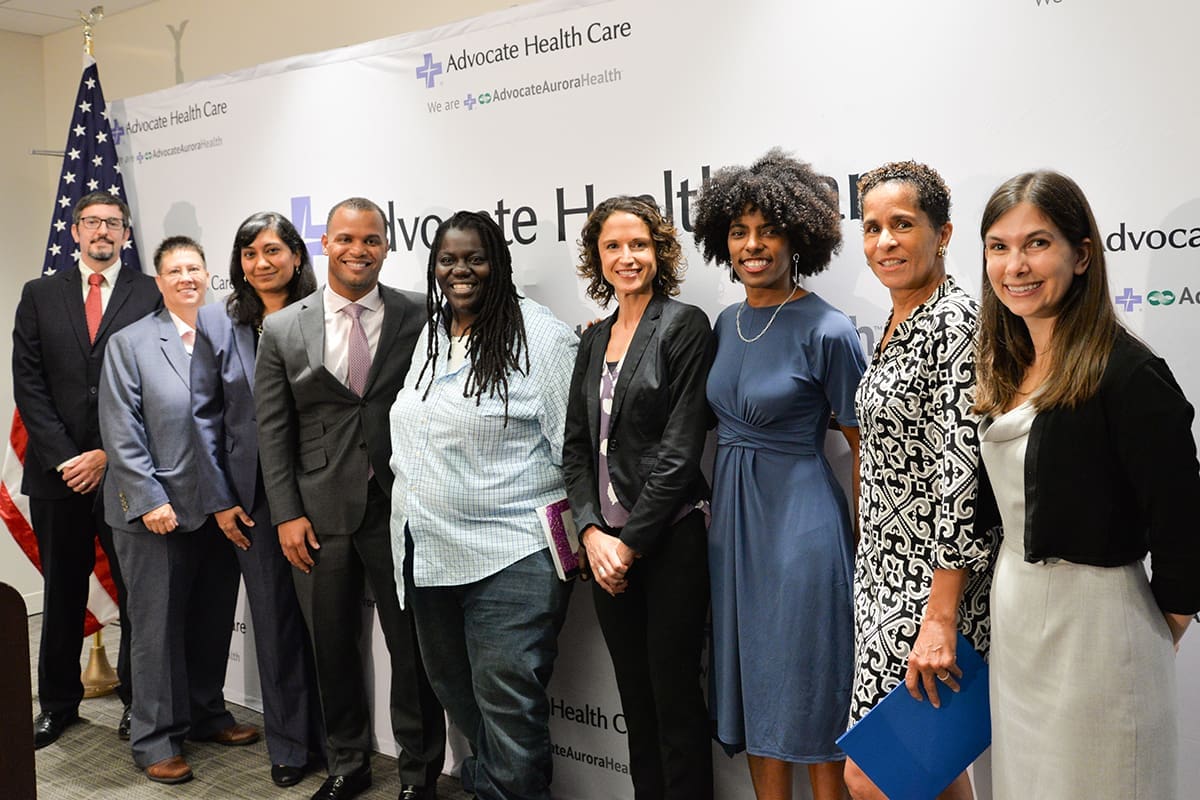Each year, May 31 marks the end of the Spring Legislative Session. Typically, Illinois’ House, Senate and governor come to an agreement on a state budget and any substantive changes that will go into effect at the beginning of the new fiscal year on July 1.
This May 31, however, was anything but typical.
The House and Senate last week passed budgets for state agencies — but without a single Republican vote in favor and a $3 billion hole between the appropriations and the state’s revenues.
Governor Bruce Rauner promises to veto it. With his election in November on his promise to “Shake up Springfield,” there was always the possibility that partisan gridlock would prevent state government from functioning in the usual fashion. Since the start of the spring legislative session, that prediction has held true.
The governor had been conducting private working groups, looking to leverage the budget to get his “Turnaround Agenda” of substantive changes passed in exchange for revenues and a manageable fiscal year budget. House Speaker Mike Madigan, D-Chicago, and Senate President John Cullerton, D-Chicago, have refused to give in, and it appears that legislators are back to the drawing board. Governor Rauner has promised an aggressive public relations campaign over the summer and an extended extra session after July 4 to combat the Democratic supermajorities in the legislature.
While much remains up in the air, what is certain today is the same as when the governor proposed his draconian budget in February: Illinois needs revenue to support the essential services that many Illinoisans rely on.
The budget passed by Democrats contains a $3 million cut to the HIV lump sum and a $250,000 cut to the African American HIV/AIDS Response Act Fund (AAARAF) — an improvement over the governor’s original proposals for a $6 million cut to the HIV lump sum and a $1 million cut to the AAARAF. Supportive Housing, eliminated in the governor’s proposal, was appropriated $11 million.
“These funding levels are certainly better than the governor’s proposal from February,” said Daniel Frey, director of government relations for the AIDS Foundation of Chicago (AFC). “But this budget still underfunds these and other essential programs.”
These budget lines support HIV prevention, education, housing and treatment services throughout the entire state. Cuts to these lines will likely lead to fewer HIV tests, fewer HIV diagnoses and increased numbers of new HIV cases — and ultimately, higher costs to the state’s taxpayers from HIV cases that could have been prevented.
As Illinois moves into the summer months without certainty and clarity on where the fiscal year budget will land, AFC will work with legislators, community partners and public officials to reach a revenue solution that allows Illinois to fund all essential services.
House and Senate Human Services Appropriations Committee chairs Rep. Greg Harris, D-Chicago, and Sen. Heather Steans, D-Chicago, have fought and continue to fight to protect the interests of the state’s HIV/AIDS community, along with champions like Reps. LaShawn Ford, D-Chicago; Lisa Hernandez, D-Cicero; Rita Mayfield, D-Waukegan; and Sara Feigenholtz, D-Chicago. AFC greatly thanks them for their advocacy and exemplary leadership. They will continue to be key champions in the fight to pass a positive budget and fund Illinois’ essential services.
AFC also thanks the hundreds of HIV advocates from across Illinois who have contacted their legislators to urge them to oppose funding cuts for HIV and other vital services. Nearly 700 advocates took part in our direct advocacy actions including Virtual Advocacy Day, an HIV budget town hall and organizing workshop, and two daylong trips down to Springfield during the session to meet with legislators and the governor.
Stay tuned for a summary of major legislation passed by the legislature related to HIV this session.
For the latest information about HIV funding in Illinois, sign up to receive email notifications via AFC’s Online Action Bulletin: aidschicago.org/advocate. Read more about AFC’s state budget advocacy at aidschicago.org/positivebudget.



